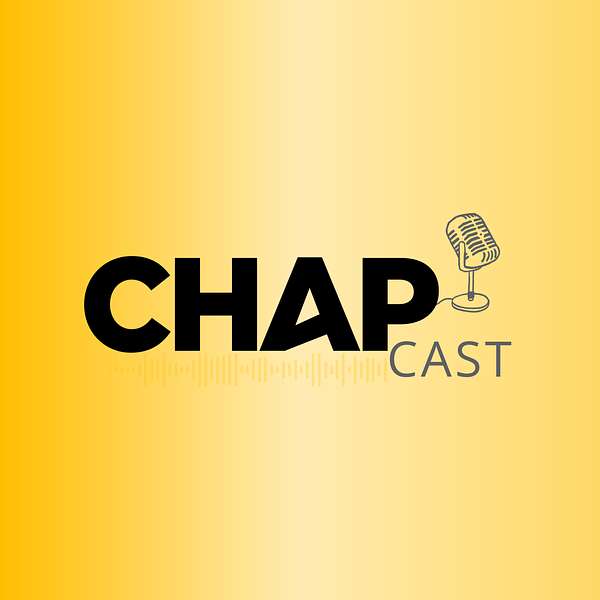
CHAPcast by Community Health Accreditation Partner
CHAPcast: Your Trusted Partner on the Go
For over 60 years, CHAP has been leading the way in home and community-based care, and now CHAPcast is leveling up! With a dynamic new format, co-hosts Jennifer Kennedy and Kim Skehan bring their expertise, passion, and a touch of personality to every episode.
Get ready for deeper dives into the issues that matter—breaking down policy updates, exploring cutting-edge trends, and sharing practical tools to help you thrive. Fresh perspectives and actionable insights you can use right away.
Whether on a commute, in the office, or just catching a moment to yourself, CHAPcast is here to keep you informed, inspired, and ahead of the curve.
The views expressed do not imply an endorsement by CHAP or any entity they represent. Opinions expressed by CHAP employees are their own and may not necessarily reflect the organization's views.
CHAPcast by Community Health Accreditation Partner
Decoding Mergers and Acquisitions with The Braff Group's Kristopher Novak
Crack the code of Mergers and Acquisitions in the healthcare-at-home industry with our guest, Kristopher Novak, Managing Director at The Braff Group. In this dynamic episode, we dive into the current landscape of healthcare M&A, exploring the latest trends and challenges shaping this sector.
Kristopher leads us through the crucial timing aspects of M&A - how to perfectly align your business growth, market dynamics, and personal objectives for optimal results. He shares invaluable insights on strategic and tactical preparation, guiding you through the process with clarity and expertise.
But that's not all! We tackle the critical topic of avoiding pitfalls and building premium value in your healthcare business. Kristopher reveals vital strategies to survive and thrive in the M&A space. He also sheds light on identifying the best types of buyers to meet your specific objectives, a crucial step in the journey.
As we approach the end of our enlightening conversation, we delve into the general timeline of M&A processes, setting realistic expectations for what lies ahead. From the early stages of considering a sale to the final steps of closing a deal, this episode is packed with practical advice and real-world insights.
If you're looking to understand the healthcare M&A landscape or contemplating a sale, this episode offers practical advice and expert insights tailored for healthcare providers and entrepreneurs alike.
Visit our website
Connect with us - LinkedIn, Twitter, YouTube, Facebook
Make Lives Better
Podcasts we love
Check out these other fine podcasts recommended by us, not an algorithm.


